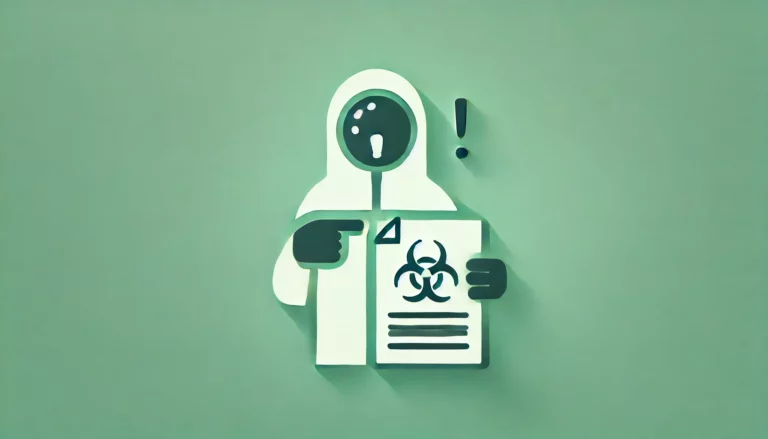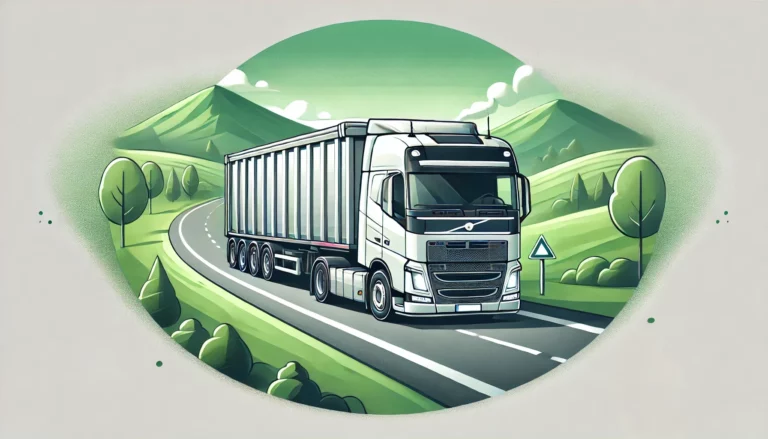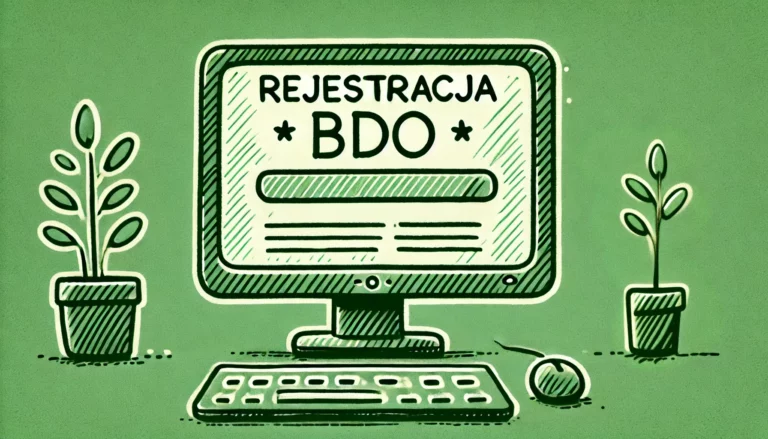Keeping records of waste - the most common mistakes and how to avoid them
Keeping records of waste is a key obligation for many businesses in Poland. The complexity of regulations and dynamic changes in regulations make mistakes easy to make. Mistakes in keeping records can cost a company dearly. In this article, we present the most common mistakes entrepreneurs make when keeping records of waste and advise on how to avoid them.
Need help with your waste records?
1. incorrect classification of waste
One of the most common mistakes is assigning the wrong codes to waste on the basis of the waste catalogue. This is because some wastes have several codes, depending on their composition or properties. It therefore takes a great deal of knowledge and experience to assign them to the correct category. The codes in question can be found in the Decree of the Climate Minister of 2 January 2020. on the waste catalogue. It is a document that takes into account the EU legislation on the categorisation of waste (formerly Regulation 1013/2006, now Regulation 2024/1157). You can also download it and always have it to hand:
What can you do to avoid this mistake?
- Use only official catalogues and guidelines.
- Consult experts or environmental consultancies.
- Regularly update your knowledge of changes in classification.
Failure to update data in the BDO system
As of 2018, the BDO system (Waste Database) is the main tool that entrepreneurs who manage waste in Poland must use. Fulfilment of record-keeping and reporting obligations through it only makes sense if the company's data is up-to-date and factually correct. According to from Article 59 of the Act of 14 December 2012 on wasteWhen a company's details change (and it is not just the address details, but also what the company does), it must update them within 30 days of the change occurring. Failure to do so will result in what is referred to in Article 179 of the same law:
Whoever, contrary to the provisions of Articles 50(1), 59(1) and 60(1), fails to submit an application for entry in the register, for amendment of entry in the register or for removal from the register, or submits an application which is not in conformity with the facts, shall be liable to a detention order or a fine.
What can you do to avoid this penalty?
- Regularly check and update the data in the BDO system, especially after any change in the company's operations, such as a change of address, expansion of operations or the addition of new types of waste.
- Establish internal procedures for monitoring business changes.
Incorrect completion of waste transfer notes (WTP)
A Waste Transfer Note (KPO) is a document that confirms the transfer of waste to another party. Sometimes errors already occur when filling in information on weight, type of waste or recipient details. It is worth noting that errors in the KPO are often unknowingly reproduced in the Waste Inventory Card (KEO). This is why it is so important to scrupulously check the documents at every stage.
What can you do to avoid making this mistake?
- Above all, check the data before approving the KPO. This will, admittedly, lengthen the entire records management process in BDO slightly, but the effort will be worth it.
- Take advantage of the assistance of experienced advisorswho will show you how to fill in the KPO to avoid mistakes or do it for you.
- Regularly verify the compatibility of the KPO and KEO.
4. failure to meet reporting deadlines
Many entrepreneurs unfortunately forget the deadlines for submitting their annual waste reports. However, there is no excuse for this. This is because the reporting obligation must be fulfilled by every eligible entity registered with BDO. According to Article 75 of the Waste Act referred to in the article, reports must be submitted by 15 March each year for the previous year. Delays may unfortunately result in financial penalties of up to PLN 5 000.
So how do you keep an eye on the reporting deadline?
- Introduce a reminder system for deadlines, e.g. using online calendars or records management software.
- Designate specific persons responsible for reporting.
- Absolutely check the conformity and completeness of the documents a few weeks before the deadline.
5. failure to keep records for the required period
According to Article 72 of the Waste Act, waste records must be kept for a minimum of 5 years:
The holder of waste shall be obliged to keep the documents and any data on the basis of which the waste record documents referred to in Article 67(1) are drawn up for 5 years, counting from the end of the calendar year in which those waste record documents were drawn up (...)
However, it is worth meeting this deadline, as otherwise the company risks a fine.
What should you do?
- Keep electronic and paper records.
- Ensure that documents are filed securely. Losing or accidentally destroying a document is not a credible excuse for an official.
- Apply a systematic review of the documentation you keep. Ensure that the information it contains is accurate.
6. lack of training for staff dealing with waste records
Untrained employees can - and unfortunately will - make mistakes. And unfortunately these can cost the company a lot. And it is not just about the time it takes to make corrections. It is also about administrative and financial problems. The latter can deplete a company's account, even by hundreds of thousands of zlotys.
How to avoid this mistake?
- Organise regular training on waste management or send selected employees to training courses organised by an external company.
- Monitor regulatory changes and inform staff as soon as new waste management rules important to your business are announced.
- Benefit from certified industry courses and workshops.
7. keeping records of waste without including all its codes
Unfortunately, companies tend to overlook hazardous waste or waste generated in smaller quantities thinking that these quantities are not subject to the recording obligation. However, it is worth remembering that new regulations have been introduced, such as the Decree of the Minister of Climate and Environment of 5 November 2024. Based on it, from the beginning of the year any quantity of hazardous waste shall be recorded.
What can be done to make waste record keeping easier?
- Regularly review production processes for waste generation.
- Keep detailed records of each type of waste.
- Verify the completeness of records during internal audits.
***
Avoiding errors in waste records requires diligence, knowledge of the regulations and regular training first and foremost. Taking care to classify waste correctly, report on time and keep data up to date is the key to successful waste management in a company.







